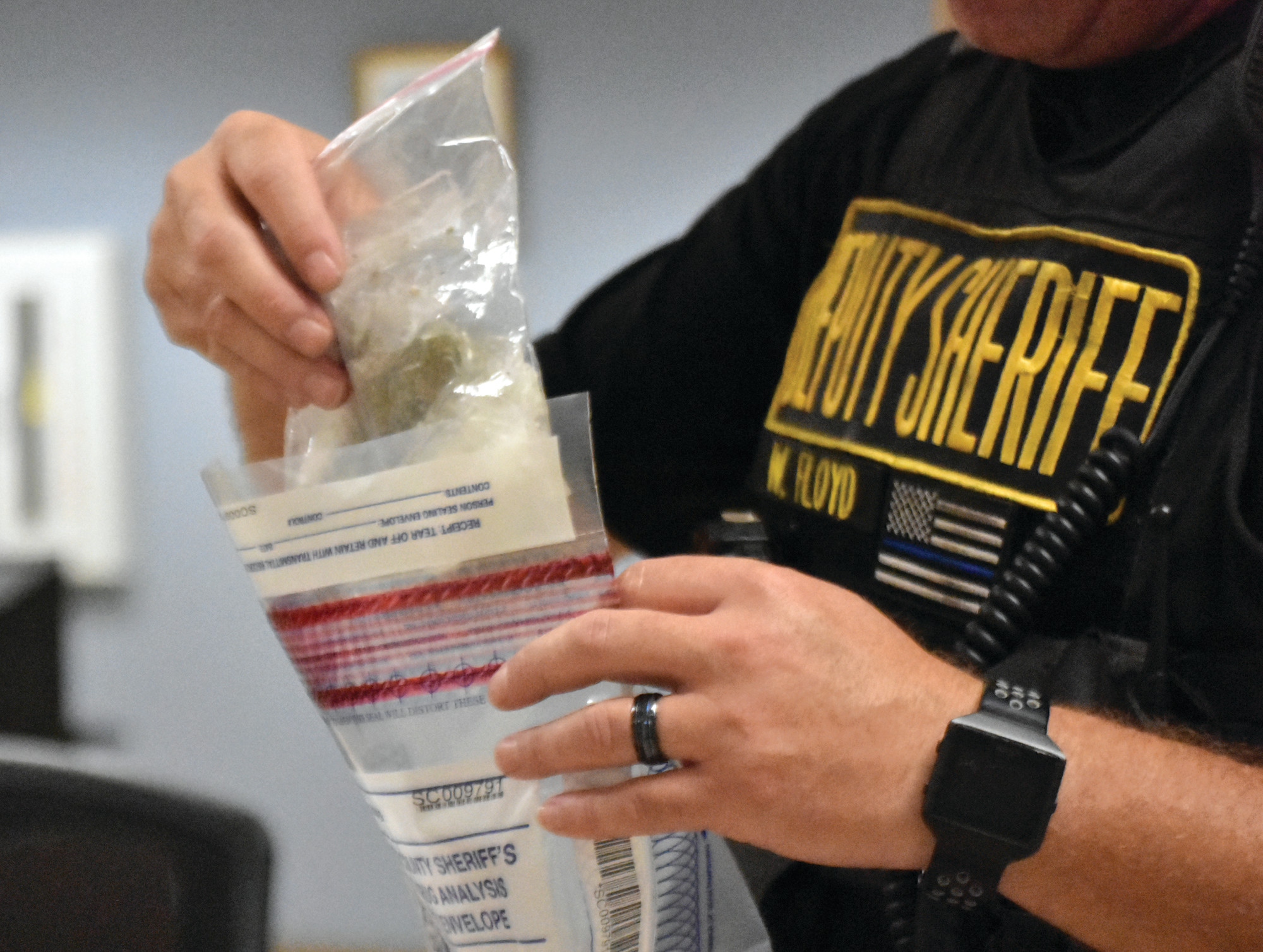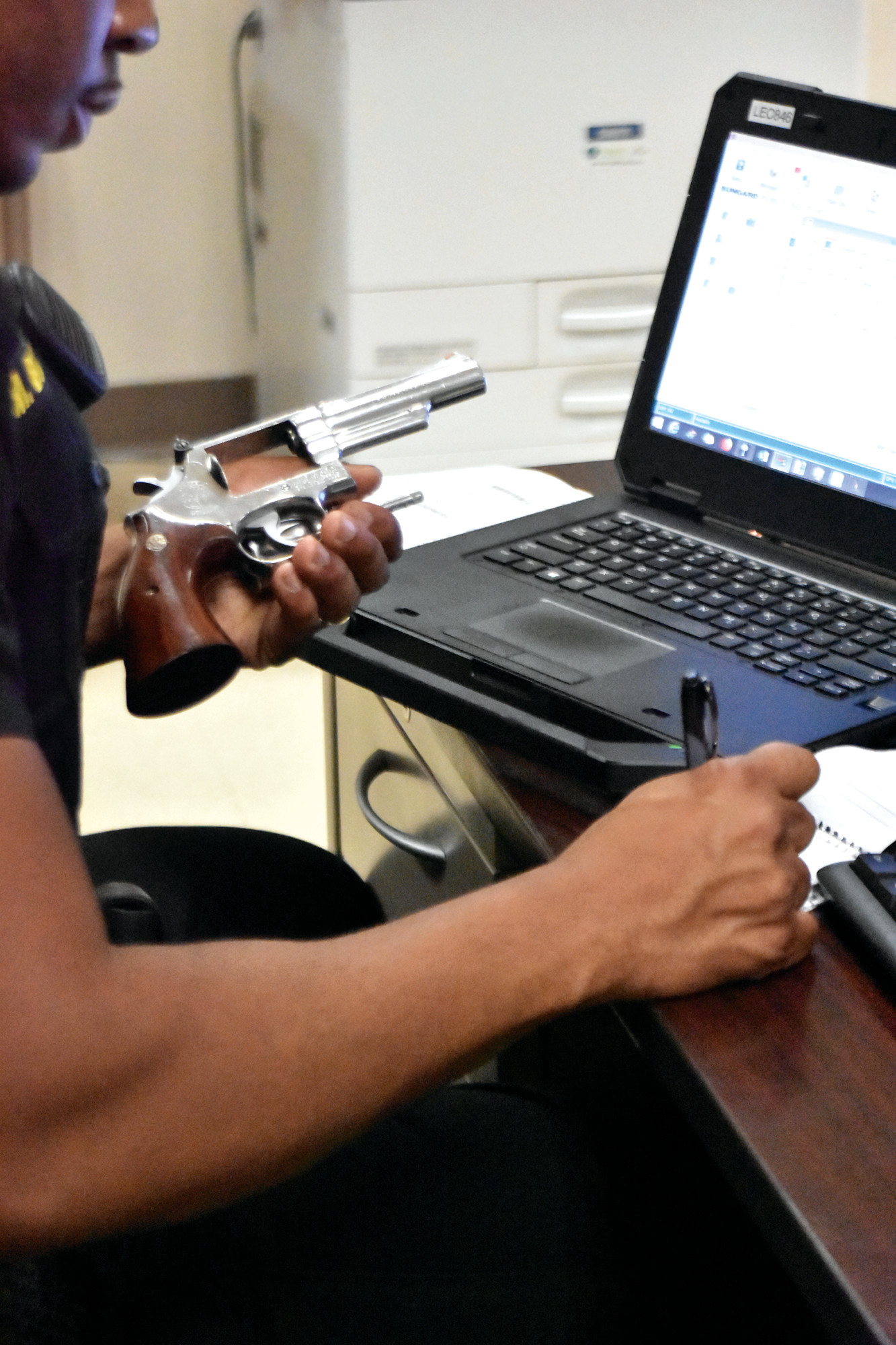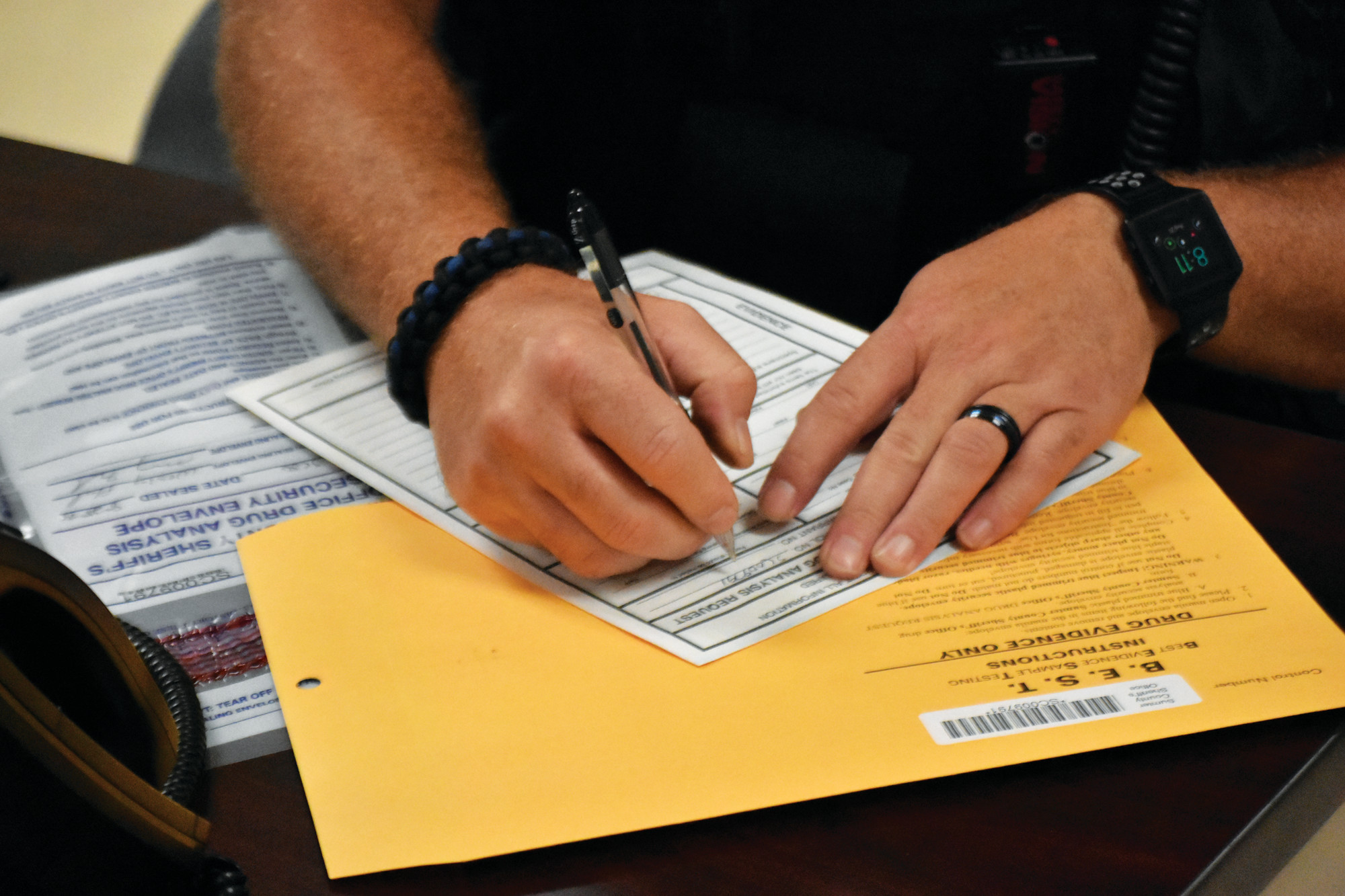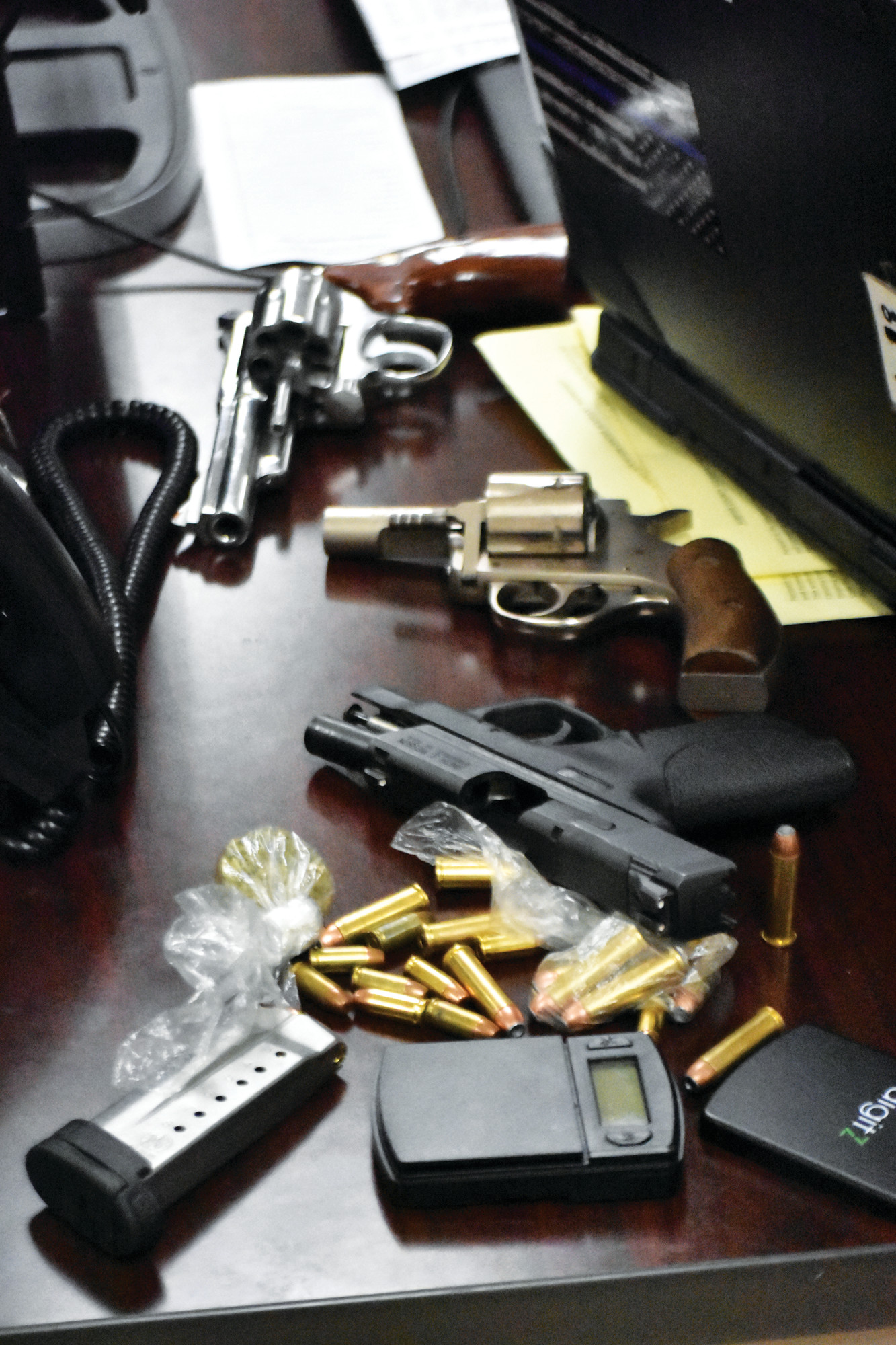Sumter deputies write e-tickets during traffic campaign
Law enforcement agencies crack down on violations
$40,025.50 in fines
67 speeding tickets
43 seat belt violations
5 child restraint violations
8 open container violations
59 warnings issued
19 driving under suspension violations
10 arrests
2 fugitives identified
5 firearms seized
21 grams of marijuana seized
2 grams of heroin seized
3 grams of methamphetamine
17 arrest warrants served
adrienne@theitem.com
Sumter County Sheriff's Office, along with other local, neighboring and state law enforcement agencies, issued approximately $40,000 in fines during the second Saturday traffic violation saturation campaign to correct poor driving habits and crack down on illegal activity on some of the most traveled roadways.
This past weekend, 20 officers from Sumter Police Department, Clarendon County Sheriff's Office and South Carolina Highway Patrol teamed up with Sumter County deputies to look for traffic violations along S.C. 261, U.S. 521 and U.S. 15 in Sumter and Clarendon counties. Two Sumter City-County Dispatch officers also assisted in Saturday's operation.
Law enforcement officers issued a total of $40,205.50 in fines, about $18,000 more than the previous month, for offenses including speeding, driving under suspension, driving without a seat belt, child restraint violations and driving without insurance.
There was also a significant increase in seat belt violations with 43 recorded on Saturday compared to eight recorded violations last month.
To make the saturation campaign easier for officers as they issued more than 100 tickets and warnings, some deputies used a new system that allowed them to print electronic tickets.
Deputy Ken Bell, public information officer for Sumter County Sheriff's Office, said Saturday was the first time electronic tickets, or e-tickets, were used for the saturation operation.
SCHP has been using e-tickets for about four years, but the sheriff's office printed its first e-ticket on Aug. 14 for speeding, he said.
With the older system, Bell said, deputies hand-write tickets that are manually sent to the state Department of Motor Vehicles and the magistrate's office. The driver receives the original hand-written ticket, and the deputy keeps the copy, he said.
Bell said the new system allows officers to input information on laptops inside their vehicles and print a copy of the ticket or citation for the driver. A copy of each ticket or citation is automatically sent to the DMV and the magistrate's office, and a copy is saved on the deputy's computer, he said.
And when the deputy goes to court for a citation, he can pull up the e-ticket on his laptop or cellphone, he said. This saves a lot of time and paper, he said.
Bell said e-tickets also lower the possibility of errors because the system automatically checks for mistakes which will prevent a ticket from being printed.
More Articles to Read








